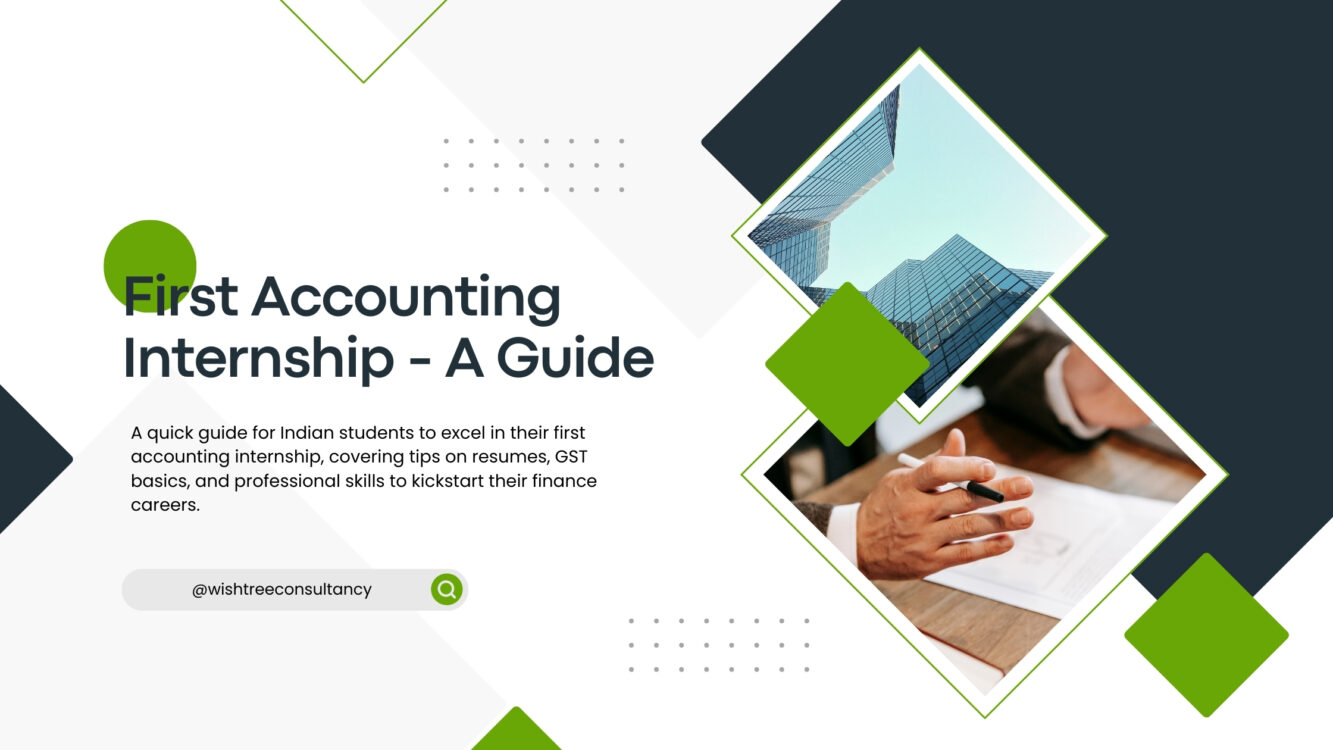
How to Prepare for Your First Accounting Internship
Introduction
Starting your first accounting internship can be both exciting and nerve-wracking. It’s a stepping stone into the professional world and an opportunity to apply your classroom knowledge in real-world scenarios. Proper preparation can make all the difference in maximizing this experience.
Context
An accounting internship isn’t just about doing clerical tasks or shadowing professionals; it’s a chance to gain hands-on experience, build a professional network, and understand the dynamics of the accounting industry. By preparing in advance, you can ensure you leave a lasting impression and gain invaluable skills for your career.
FAQs
Q1: What should I include in my resume for an internship?
Focus on your academic achievements, coursework related to accounting, and any technical skills like proficiency in accounting software or Microsoft Excel. Highlight projects or part-time work that demonstrates attention to detail and analytical thinking.
Q2: How can I make a good first impression?
Arrive early, dress professionally, and demonstrate enthusiasm. Being well-prepared with knowledge about the company and its services can also set you apart.
Q3: Do I need to know specific accounting software?
While it’s not mandatory, familiarity with tools like QuickBooks, SAP, or Excel gives you an edge and makes it easier to adapt to tasks assigned during the internship.
Q4: What questions should I ask during my internship?
Ask about the company’s processes, the industry’s best practices, and feedback on your work. Questions that show curiosity and a willingness to learn are highly appreciated.
Did You Know?
- Over 70% of accounting interns receive full-time job offers after successful internships.
- Accounting internships often expose students to critical tasks like preparing financial statements, reconciling accounts, and auditing.
- Networking during internships can lead to mentorship opportunities and long-term career benefits.
Facts
- Internship Duration: Most accounting internships last 3-6 months, giving students ample time to understand industry practices.
- Skill Development: Interns often improve technical skills like financial analysis, data entry, and problem-solving during their tenure.
- Career Boost: Internships provide real-world experience that significantly enhances employability for entry-level roles.
Conclusion
Your first accounting internship is a gateway to the professional world, offering a unique learning experience that bridges the gap between academics and industry. By preparing adequately—polishing your resume, learning relevant software, and embracing a proactive attitude—you can make the most of this opportunity and set a strong foundation for your career in accounting.
